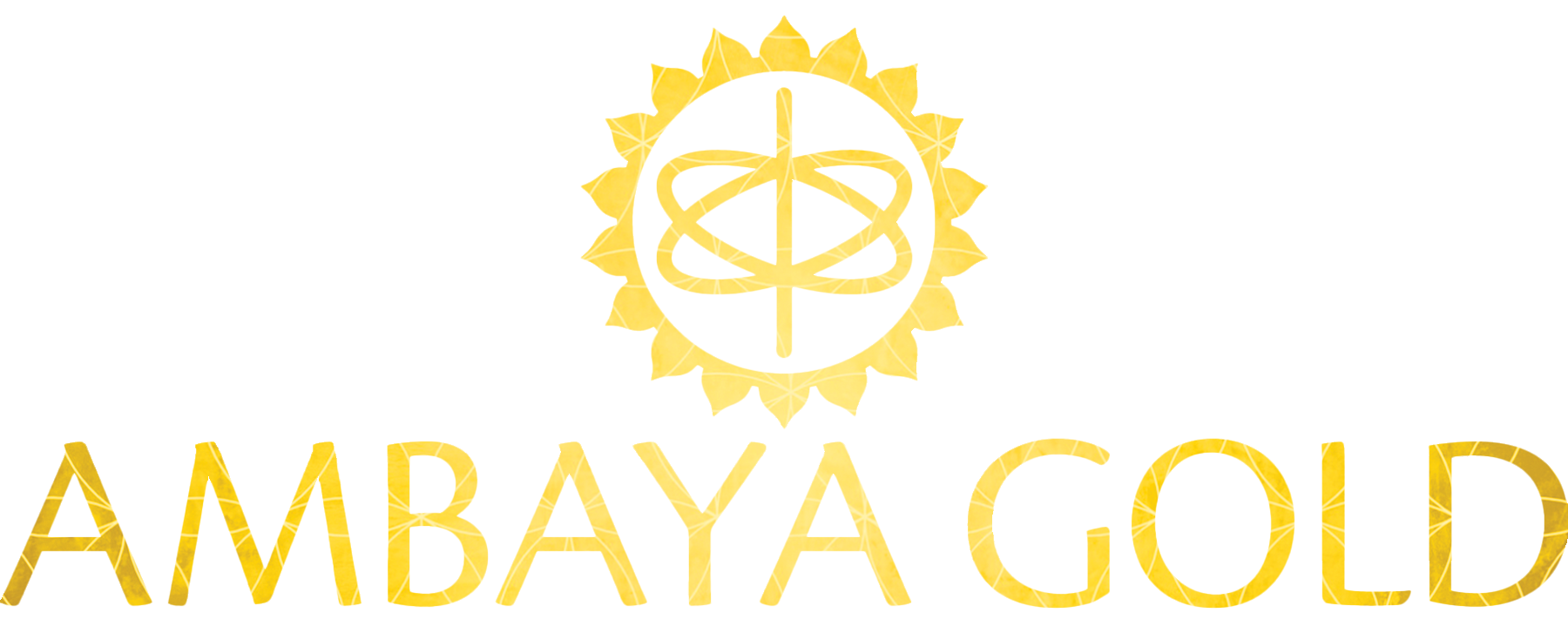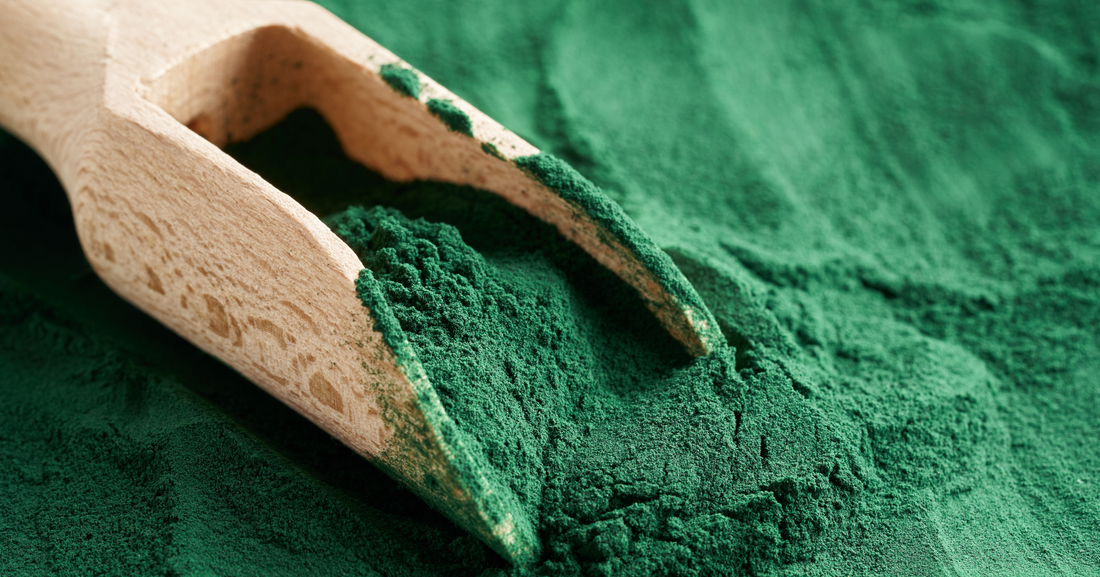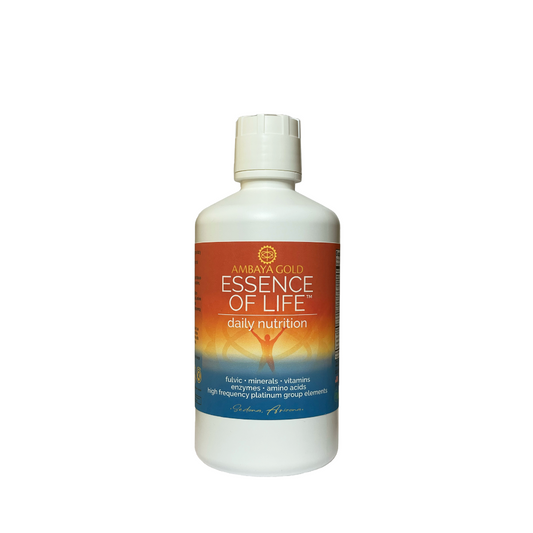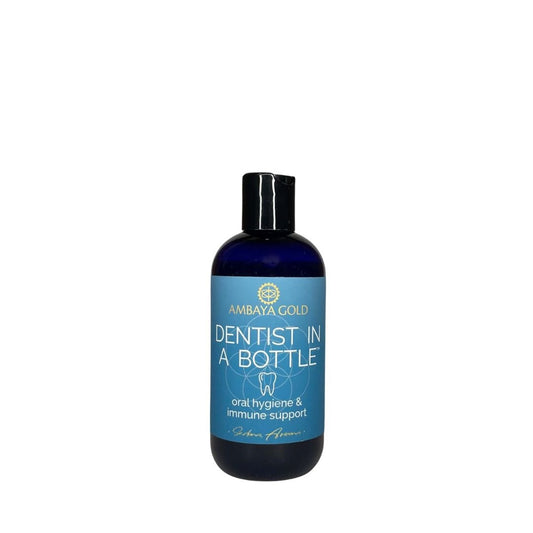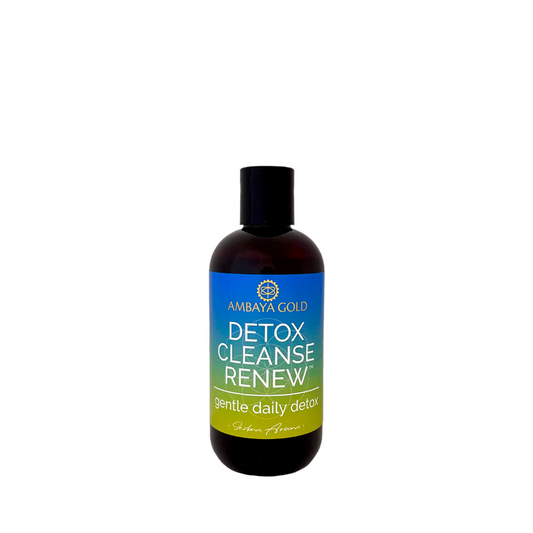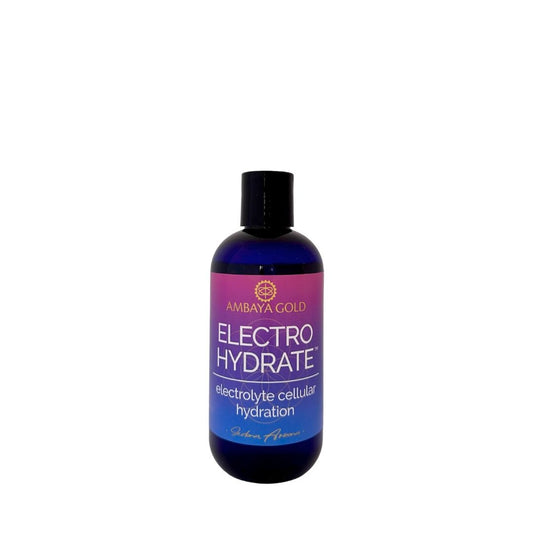Heavy metals are a group of naturally occurring elements that have a high atomic weight and density. While some heavy metals like copper, zinc, and iron are essential for bodily functions in trace amounts, others like lead, mercury, cadmium, and arsenic can be toxic even in small quantities. These toxic heavy metals can accumulate in the body over time, leading to serious health issues. However, with the right dietary choices, you can support your body's natural detoxification processes and minimize the risk of heavy metal toxicity.
Health Risks of Heavy Metal Exposure
Exposure to heavy metals can have detrimental effects on health. These metals can interfere with enzymatic reactions, disrupt hormonal balance, damage organs such as the liver, kidneys, and brain, and even lead to cancer in some cases. Symptoms of heavy metal toxicity can vary depending on the type and amount of metal ingested but may include fatigue, headaches, gastrointestinal issues, neurological disorders, and developmental delays in children.
Where Are Heavy Metals Found?
Heavy metals are naturally found in the earth's crust. They’re present in the environment due to both natural processes like volcanic eruptions, weathering of rocks, and human activities such as industrial pollution, mining, and agriculture.

What Foods Can Contain Heavy Metals?
- Seafood: Fish like tuna, swordfish, shark, and marlin can accumulate mercury in their tissues, particularly methylmercury, which is toxic to humans. Other seafood like shellfish and crustaceans may also contain trace amounts of heavy metals like arsenic and cadmium.
- Rice: Rice has a unique ability to absorb arsenic from the soil and water, especially in regions where arsenic contamination is prevalent. Brown rice tends to accumulate more arsenic than white rice due to its higher bran content.
- Leafy Greens: While leafy greens are generally beneficial for health, they can absorb heavy metals from the soil, particularly cadmium and lead. This is more common in regions with contaminated soil or water.
- Root Vegetables: Root crops such as potatoes, carrots, and beets may contain higher levels of heavy metals if grown in contaminated soil. These vegetables can absorb metals like cadmium, lead, and arsenic from the soil, especially if the soil is polluted.
- Fruits: Certain fruits, especially those with thin skins or those grown close to the ground, may contain heavy metals if exposed to contaminated soil or water. This includes fruits like apples, berries, and citrus fruits.
- Spices and Herbs: Spices and herbs sourced from regions with high environmental pollution or grown in contaminated soil may contain heavy metals like lead, cadmium, and arsenic. Examples include turmeric, cinnamon, and coriander.
- Cocoa and Chocolate: Cocoa beans can absorb heavy metals like cadmium from the soil, which can then be transferred to chocolate products. Dark chocolate tends to have higher levels of cadmium compared to milk chocolate.

It's essential to note that the presence of heavy metals in food does not necessarily mean that consuming these foods will lead to toxicity. The risk depends on various factors, including the levels of contamination, frequency of consumption, and individual susceptibility. Regulatory agencies set limits on acceptable levels of heavy metals in food to ensure consumer safety. However, it's still advisable to diversify your diet, choose organic options when possible, and be mindful of the sources of your food, especially if you're concerned about heavy metal exposure.
Detoxifying Foods to Help Eliminate Heavy Metals
While avoiding exposure to heavy metals is the best preventive measure, certain foods can aid in the body's natural detoxification processes and help eliminate these harmful substances. Here are some foods that can assist in reducing heavy metal levels in the body:
- Leafy Greens: Leafy green vegetables like spinach, kale, and Swiss chard are rich in chlorophyll, a natural pigment known for its detoxifying properties. Chlorophyll helps bind to heavy metals, facilitating their elimination from the body.
- Cruciferous Vegetables: Broccoli, cauliflower, cabbage, and Brussels sprouts contain compounds called glucosinolates that support liver detoxification pathways. The liver plays a crucial role in metabolizing and eliminating toxins, including heavy metals.
- Garlic: Garlic is renowned for its numerous health benefits, including its ability to detoxify heavy metals. It contains sulfur compounds like allicin, which can help enhance the body's production of glutathione, a potent antioxidant involved in detoxification processes.
- Cilantro: Cilantro, also known as coriander, is a popular herb used in many cuisines worldwide. Studies suggest that cilantro may help chelate heavy metals like mercury, leading to their excretion through urine and feces.
- Spirulina and Chlorella: These nutrient-dense algae are rich in chlorophyll, protein, vitamins, and minerals. Spirulina and chlorella have been shown to bind to heavy metals in the body, aiding in their removal.
- Lemon Water: Starting your day with a glass of warm lemon water can support liver function and promote detoxification. Lemons are rich in vitamin C, which stimulates the production of glutathione, helping the body eliminate toxins, including heavy metals.
- Nuts and Seeds: Nuts and seeds like almonds, walnuts, flaxseeds, and chia seeds are excellent sources of fiber, antioxidants, and essential fatty acids. These nutrients support overall detoxification and may help reduce heavy metal burden in the body.

Heavy metal toxicity is a serious health concern that can have far-reaching consequences if left unchecked. While it's impossible to completely avoid exposure to heavy metals in today's world, adopting a diet rich in detoxifying foods can help support your body's natural detoxification processes and minimize the risk of toxicity. By incorporating foods like leafy greens, cruciferous vegetables, garlic, cilantro, spirulina, and lemon water into your diet, you can take proactive steps towards safeguarding your health against the harmful effects of heavy metals. Remember to consult with a healthcare professional before making any significant dietary changes, especially if you suspect heavy metal exposure or toxicity.
Ambaya Gold’s innovative blend of Fulvic, Hawaiian Spirulina, Chlorophyll, and Platinum Group Elements, means Fulvic Green may offer comprehensive support for digestive health, vitality, and overall wellness.
References
• "Detoxification of heavy metals by Swiss chard and the role of antioxidant vitamins in chard protection from oxidative stress" by M. Baâtour et al. (2018) - This study explores the role of Swiss chard in detoxifying heavy metals and its antioxidant properties.
• "Cruciferous Vegetables and Human Cancer Risk: Epidemiologic Evidence and Mechanistic Basis" by Elizabeth H. Jeffery (2004) - This review discusses the cancer-preventive effects of cruciferous vegetables, including their role in detoxification processes.
• "Chemistry and biological properties of garlic (Allium sativum L.)" by Eric Block (2010) - This comprehensive review examines the chemistry and biological activities of garlic, including its detoxification properties.
• "Potential of coriander (Coriandrum sativum) oil as a natural antimicrobial compound in controlling Campylobacter spp. in raw meat" by S. Burt (2004) - While not specifically about heavy metals, this study discusses the antimicrobial properties of coriander oil, suggesting its potential detoxifying effects.
• "Chlorella and Spirulina Microalgae as Sources of Functional Foods, Nutraceuticals, and Food Supplements; an Overview" by María Beatriz Paredes et al. (2018) - This review provides an overview of the nutritional and therapeutic properties of Chlorella and Spirulina, including their potential detoxification effects.
• "Vitamin C and Immune Function" by Anitra C. Carr and Silvia Maggini (2017) - This review discusses the role of vitamin C in immune function and its potential as a detoxifying agent.
• "Omega-3 Fatty Acids: An Essential Contribution" by S. Boyd Eaton et al. (2002) - While not specific to heavy metal detoxification, this paper discusses the health benefits of omega-3 fatty acids found in nuts and seeds, which may support overall detoxification processes.
